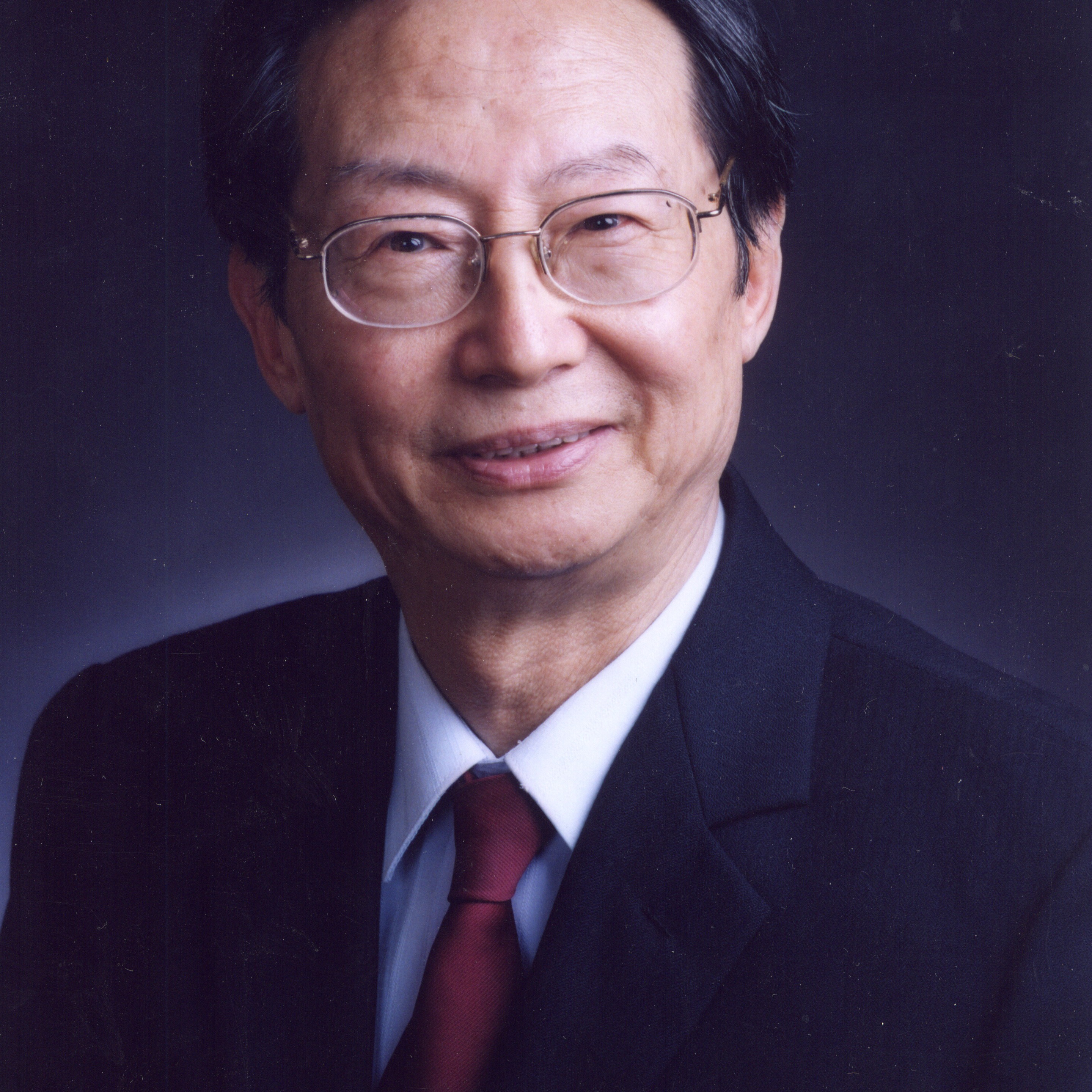Areas of Focus
- Biochemistry
- Molecular Biology
- Aging and Longevity
Work Experience
- 1964.3 - Assistant, Biochemistry Teaching and Research Office, Beijing Medical College
- 1978.12 - Lecturer, Biochemistry Teaching and Research Office, Beijing Medical College
- 1985.12 - Associate Professor and Vice Director, Biochemistry Teaching and Research Office, Beijing Medical College
- 1988.9 - Professor and Vice Director, Biochemistry Department, Beijing Medical College
- 2000.4- - Professor, Department of Biochemistry, Peking University Medical School; Director of Aging Molecular Mechanism Laboratory
- 2005- - Academician, Chinese Academy of Sciences
Academic Background & Achievements
- 1959 - Bachelor's in Medicine: Beijing Medical College
- 1964 - Graduate in Biochemistry: Beijing Medical College
- 1978-1981 - Postdoctoral Training: Johns Hopkins University, NIH
- First batch of scholars to visit the US after China's reform and opening-up
Publications
- Delivering antisense telomerase RNA by a hybrid adenovirus/adeno-associated virus significantly suppresses malignant phenotypes and enhances cell apoptosis of human breast cancer cells, Zhang XW, Chen Z, Chen YL, Tong TJ, 2003
- Transcriptional regulation of A33 antigen expression by gut-enriched kruppel-like factor, Mao ZB, Shan S, Zhu YY, Yi X, Zhang H, Shang YF, Tong TJ, 2003
- HDTIC-1 and HDTIC-2, two compounds extracted from Astragali Radix, delay replicative senescence of human diploid fibroblasts, Wang PC, Zhang ZY, Ma XF, Huang Y, Liu XW, Tu PF, Tong TJ, 2003
- Down-regulation of p21WAF1 promotes apoptosis in senescent human fibroblasts: involvement of retinoblastoma protein phosphorylation and delay of cellular aging, Huang Y, Corbley MJ, Tang ZQ, Yang L, Peng Y, Zhang ZY, Tong TJ, 2004
- Wild type p16ink4a suppresses cell growth and telomerase activity in human breast cancer mcf-7 cells, Duan JM, Chen Z, Liu PH, Zhang ZY, Tong ZY, 2004
- Sp1 is involved in the transcriptional activation of p16ink4 by p21waf1 in hela cells, Xue LX, Zheng WJ, Wu JF, Wang PC, Li J, Zhang ZY, Tong TJ, 2004
- Regulation of cellular senescence and p16 INK4A expression by Id1 and E47 proteins in human diploid fibroblast, Zheng WJ, Wang HY, Xue LX, Zhang ZY, Tong TJ, 2004
- mRNA level of alpha-2-macroglobulin as an aging biomarker of human fibroblasts in culture, Ma H, Li RZ, Zhang ZY, Tong TJ, 2004
- Cloning and characterization of cellular senescence-associated genes in human fibroblast cell by suppression subtractive hybridization, Guo SZ, Zhang ZY, Tong TJ, 2004
- 5-aza-2'-deoxycytidine activates the p53/p21Waf1/Cip1 pathway to inhibit cell proliferation, Zhu WG, Hileman T, Ke Y, Wang PC, Lu SL, Duan WR, Dai ZY, Tong TJ, Villalona-Calero MA, Plass C, Otterson GA, 2004
- Expression of the Leo1-like domain of replicative senescence down-regulated Leo1-like (RDL) protein promotes senescence of 2BS fibroblasts, Zhao L, Tong T, Zhang Z, 2005
- Irreversible cellular senescence induced by prolonged exposure to H2O2 involves DNA-damage-and-repair genes and telomere shortening, Duan J, Duan J, Zhang Z, Tong T, 2005
Awards
- 2002 - Top 10 Scientific and Technological Progress of China
- 2002 - Top 10 Scientific and Technological Progress of Chinese Universities
- 2002 - Second Prize, Chinese Medical Science and Technology
- 2001 - Second Prize, Beijing Science and Technology Progress
- 1999 - Second Prize, Ministry of Education Science and Technology Progress
- 1998 - Third Prize, Ministry of Health Science and Technology Progress
- 1996 - Third Prize, Guanghua Science and Technology Foundation
- 1995 - Second Prize, National Education Commission Science and Technology Progress
- 1992 - Government Special Allowance Certificate





